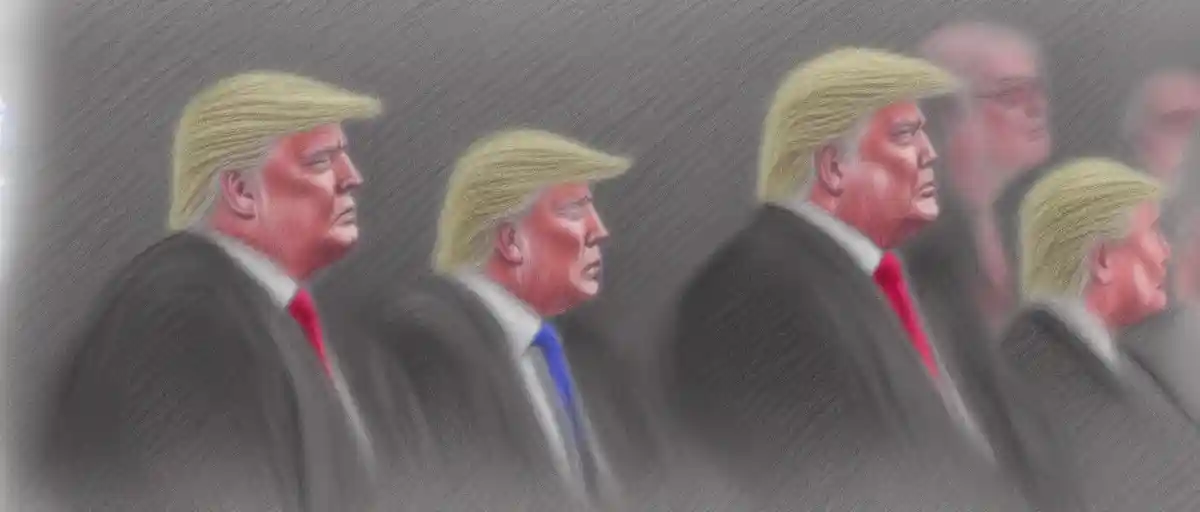You Might Want To Check This Out Too:
Click to Find Out: Can a Former President Claim Immunity in a Defamation Lawsuit?
The request for the Supreme Court to rule on former President Donald Trump’s claim of immunity in a defamation lawsuit raises significant legal and moral questions. To take a different approach, advocates for Trump argue that as a former president, he should be protected from personal lawsuits that may distract from the duties of the presidency. They argue that allowing such lawsuits would set a dangerous precedent and potentially inhibit future presidents from performing their duties effectively.
Alternatively, opponents of immunity for Trump contend that no one, including a former president, should be above the law. They argue that if Trump’s alleged defamatory statements were made outside the scope of his official duties, as claimed by Carroll’s legal team, he should be held accountable like any other citizen. They believe that immunity should not be a shield for individuals who commit wrongful acts, regardless of their position or status.
While the Supreme Court’s decision in Clinton v. Jones provides some guidance, it is clear that the issue of presidential immunity after leaving office is not fully settled. This case offers an opportunity for the Court to provide a definitive ruling that will shape the legal framework surrounding the accountability of former presidents going forward.
Some may argue that granting immunity to a former president would respect the office and preserve the dignity of the presidency. They believe that it is essential to protect former presidents from lawsuits that could be politically motivated or driven by personal vendettas, as this could undermine the stability of the country. However, others may counter that immunity in this context would send a message that former presidents are above the law and immune from legal consequences for their actions. They argue that holding individuals accountable, regardless of their status, reinforces the principles of equality and justice.
Bottom line, the Supreme Court’s decision on Trump’s claim of immunity in the defamation lawsuit will shape the legal landscape for future cases involving former presidents. It raises important questions about the balance between protecting the presidency and ensuring accountability for personal actions. While both sides present valid arguments, the Court’s ruling will ultimately define the boundaries of presidential immunity and its implications for the rule of law in the United States.
Here's A Video We Thought You Might Also Like:
Author Profile

- I'm a sports enthusiast and a die-hard fan, and I also enjoy examining the political aspects of sports. My articles explore how sports can intersect with politics and act as a platform for social change.
Latest entries
 Breaking News2023.12.12Congresswoman Slams Harvard’s President for Alleged Bias Is Intellectual Diversity at Risk
Breaking News2023.12.12Congresswoman Slams Harvard’s President for Alleged Bias Is Intellectual Diversity at Risk Breaking News2023.12.11Supreme Court to Decide if Former President Trump is Immune from Defamation Lawsuit
Breaking News2023.12.11Supreme Court to Decide if Former President Trump is Immune from Defamation Lawsuit Breaking News2023.12.11Dismaying Truth about California’s High-Speed Rail Delays and Cost Overruns Expose a Troubled Project!
Breaking News2023.12.11Dismaying Truth about California’s High-Speed Rail Delays and Cost Overruns Expose a Troubled Project! Breaking News2023.12.09Captivating New Study Reveals the Truth About Immigration and Crime Rates!
Breaking News2023.12.09Captivating New Study Reveals the Truth About Immigration and Crime Rates!






